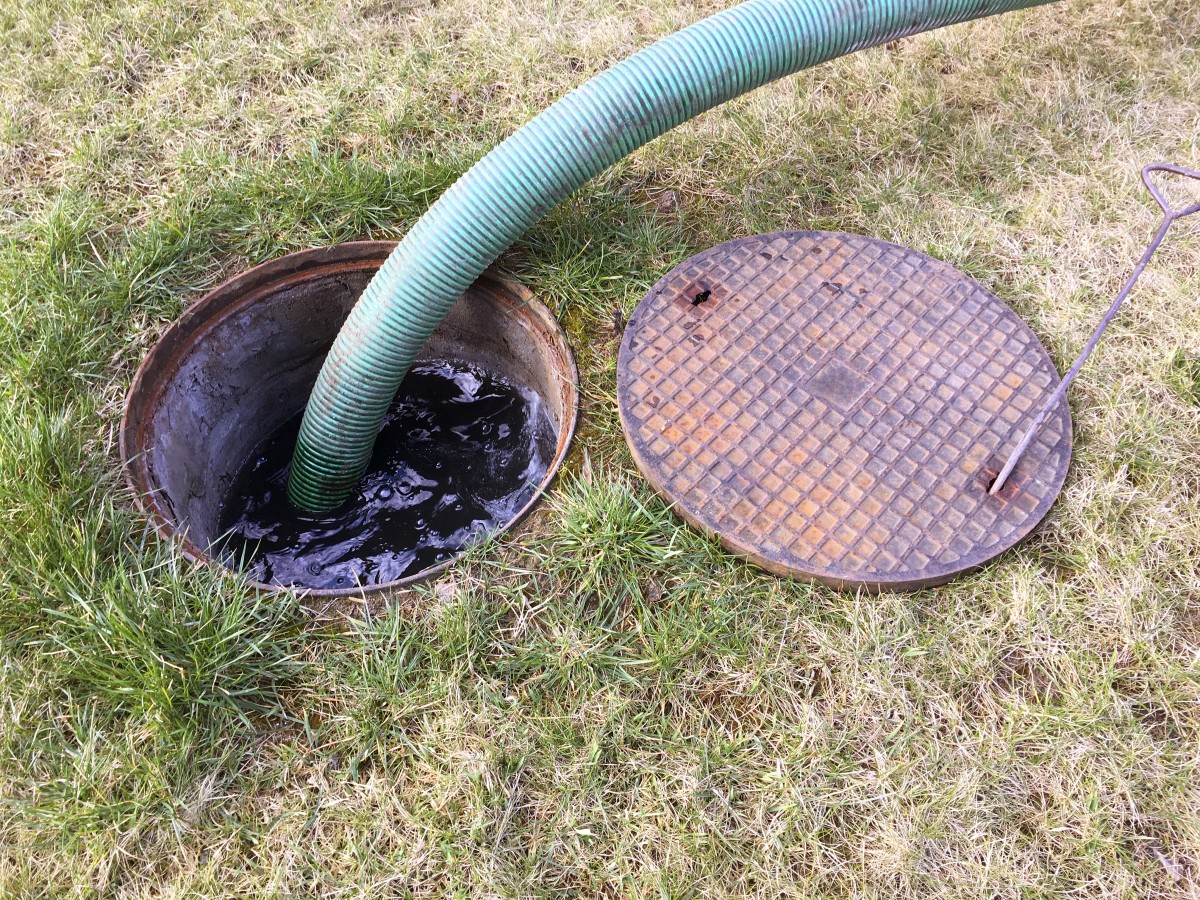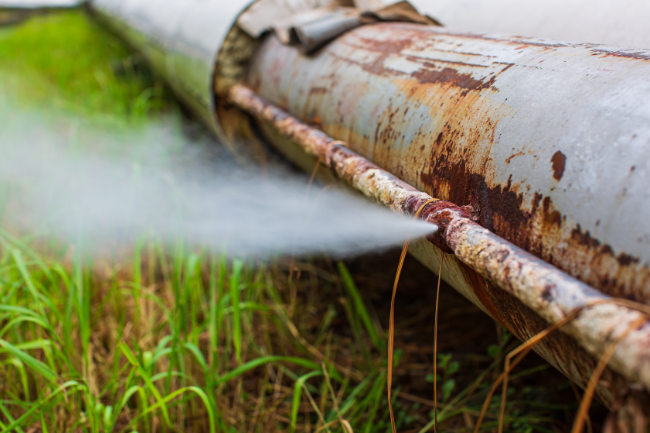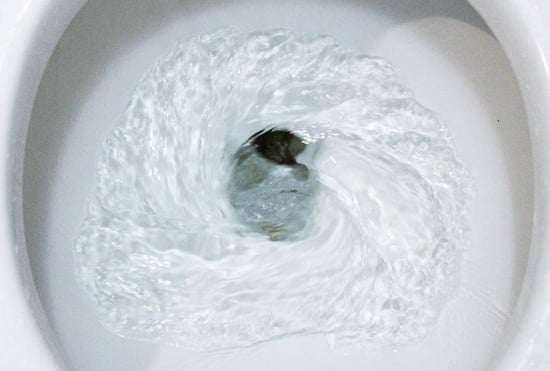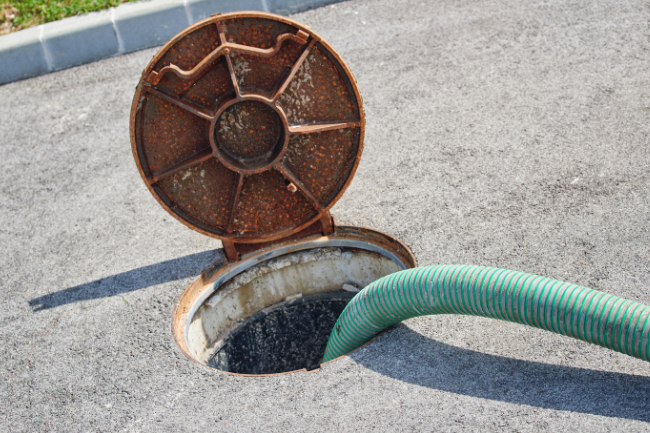Should I Convert From A Septic System to a Sewer System
Posted by William Heinselman on

All homes dispose of wastewater in one of two ways — a septic tank or a sewer line. While there are advantages and disadvantages to each, homeowners are typically not in a position to choose between the two.
As cities expand, however, sewer lines are beginning to extend into new developments, offering current residents the option of tying into the public sewer system. For homes with old or failing septic systems, this is a great opportunity to avoid high replacement costs—but homeowners with newer septic systems face a difficult choice about whether or not to convert.
So, if left with the decision to convert from a septic system to a sewer system, what should you do? Before any homeowner should make any serious decisions, it’s important to understand what a sewer and septic system is and how they are different.
Septic Vs Sewer: What's The Difference?
Understanding the pros and cons of these two wastewater systems will help choose whether or not to convert from a septic system to a sewer system. Since sewer lines connect to public sewer systems, they are generally only available in urban areas. Septic systems are the options for homes located in rural areas where there may be no sewer system to connect to.
Advantages of a Public Sewer Line
Once a home is connected to the public sewer lines, you typically don’t have to worry about much beyond paying a monthly wastewater fee. City water departments are responsible for handling repairs and addressing any problems that might come up. Since sewer lines are typically built to carry more wastewater, they’re less susceptible to clogging than septic systems. And while you should always be careful about what you flush down your drains, sewer lines tend to be able to handle more abuse than septic tanks.
Although a well-maintained septic system can last for decades, the tank needs to be flushed on a regular basis, generally every three to five years. In addition to the cost, arranging for these cleanings can be an ongoing hassle. Since septic tanks gather and process water on your property, any failures could wind up turning your yard into a foul-smelling puddle. This concern is not lost on potential home buyers, many of whom ask that homes with septic systems be connected to the local sewer as a condition of the sale. In some cities, a sewer connection is required to obtain a permit for a pool installation or major home renovations.
Advantages of a Septic System
Although septic systems require a bit more maintenance and attention, they have a number of advantages over sewer lines. Since they don’t pump wastewater long distances to be processed at a water treatment facility, they use less energy overall and have a smaller environmental impact. The bacteria in septic tanks also break down and treat wastewater locally, greatly reducing the threat of leaks between the home and the local facility.
Aside from the recurring cost of pumping the tank every few years, septic systems are quite inexpensive once they’re installed. There’s no monthly fee to be paid and any disruption to the local sewer lines has no effect on households with septic systems. If you don’t want to be dependent upon the municipal sewage system, a septic system provides a great deal of independence and security.
How Hard Is It To Convert To A Sewer System
Once you make the decision to convert, you may be wondering how to hook up to city sewer lines. Actually, connecting your home to the public sewer is a relatively simple process that takes no more than a few days to complete and only disrupts wastewater service for a matter of hours. There is a great deal of labor-intensive work involved, however, which can get quite expensive.
The primary consideration is usually cost. Installing public sewer lines is a substantial infrastructure investment for local governments and so the service is not provided free of charge. In addition to labor costs, most municipalities charge a substantial fee to connect to the public sewer. Combined with permits needed to perform the work and inspections to determine the household’s expected wastewater production, these fees can range from a few hundred dollars to several thousand, depending upon the accessibility of the nearest sewer line.
When Should You Convert To A Sewer System?
If you currently have a septic system that’s in need of repair or replacement, it can cost up to several thousand dollars to install a new tank, which is comparable to the expense of tying into the local sewer system. In that scenario, it probably makes sense to make the switch, especially if you’re considering remodeling your home in the future, adding a pool, or putting the house on the market.
However, if your septic system is in good working order or was recently installed, there’s not much short-term benefit to changing over to the public sewer. In the long run, it might make sense to switch over, but if there’s no pressing need, you can plan to do it in the future and budget for the substantial costs accordingly.
If you do plan on connecting to the city sewer line from a septic sewer, remember to safely abandon your septic tank. There are regulations to abandon your septic tank since they can be a huge safety risk. Old, unused septic tanks can cause a potentially fatal hazard if children or animals can pry open the lid and fall down into the toxic contents.
When you do decide to connect to the city sewer line, research your local codes to govern how to remove them. In addition to installing the new sewer line to tie your home into the public sewer, a contractor can drain and either remove or disable your old septic system. Steel septic tanks are typically removed from the property before being crushed and buried, while concrete tanks are filled with sand and reburied.
Are you considering connecting to the public sewer line? Do you have an unused septic tank? Contact the expert plumbers at Express Sewer & Drain for their advice!
Topics: Sewers







